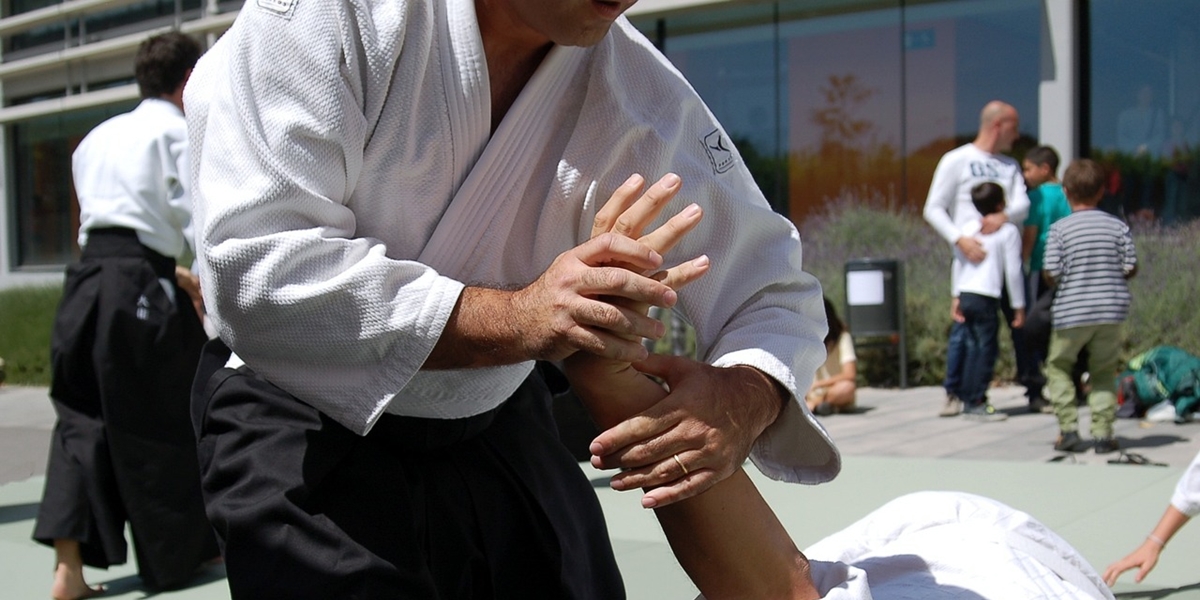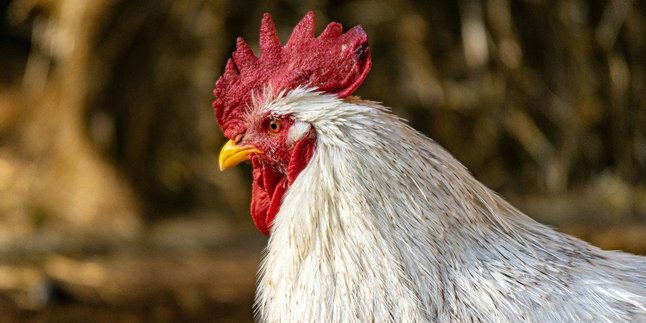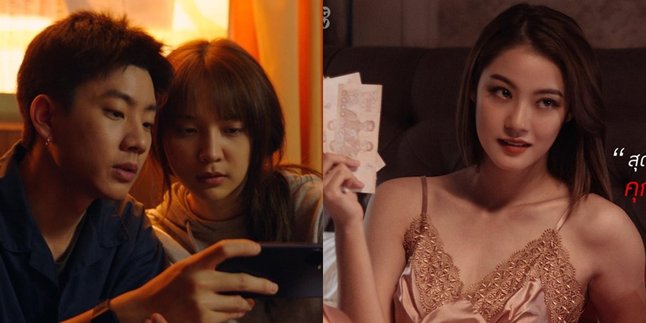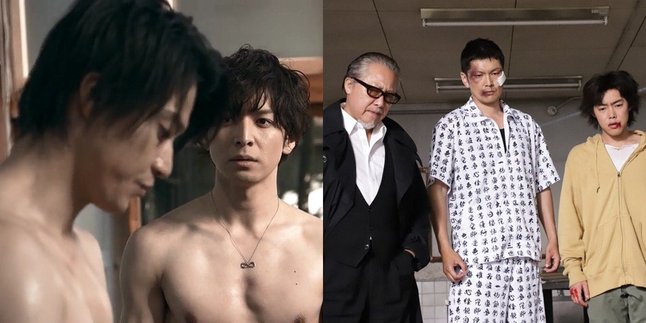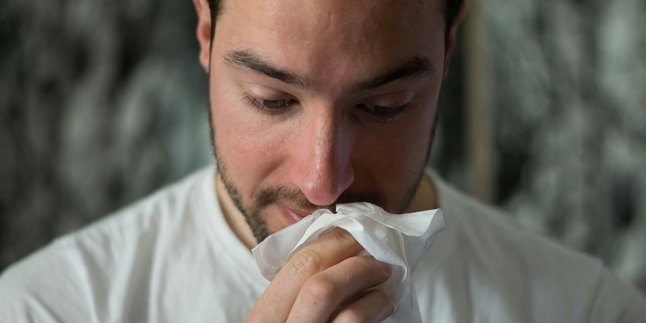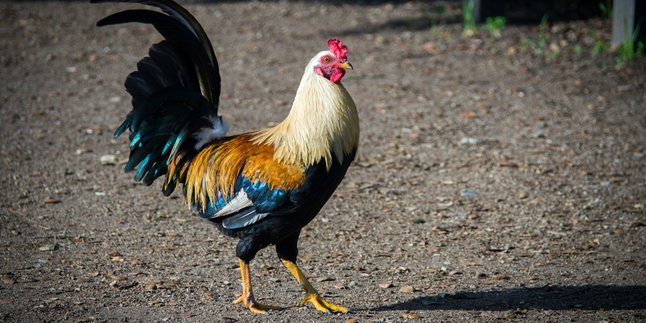Kapanlagi.com - In Japanese culture, expressions about sports encompass two important aspects, modernity and tradition. And in this article, Kapanlagi will discuss various sports expressions in Japanese, both covering modern sports such as soccer and tennis, as well as traditional martial arts from Japan such as judo and kendo.
Each expression will be accompanied by example sentences to help KLovers understand the use of sports expressions in Japanese in everyday contexts. Understanding these expressions is not only important for daily communication. Those of you who are learning Japanese must read this article.
Now, for those who are curious, here is an explanation of sports expressions in Japanese, both in modern and traditional forms. Let's check it out, KLovers.
1. Sports Expressions in Japanese
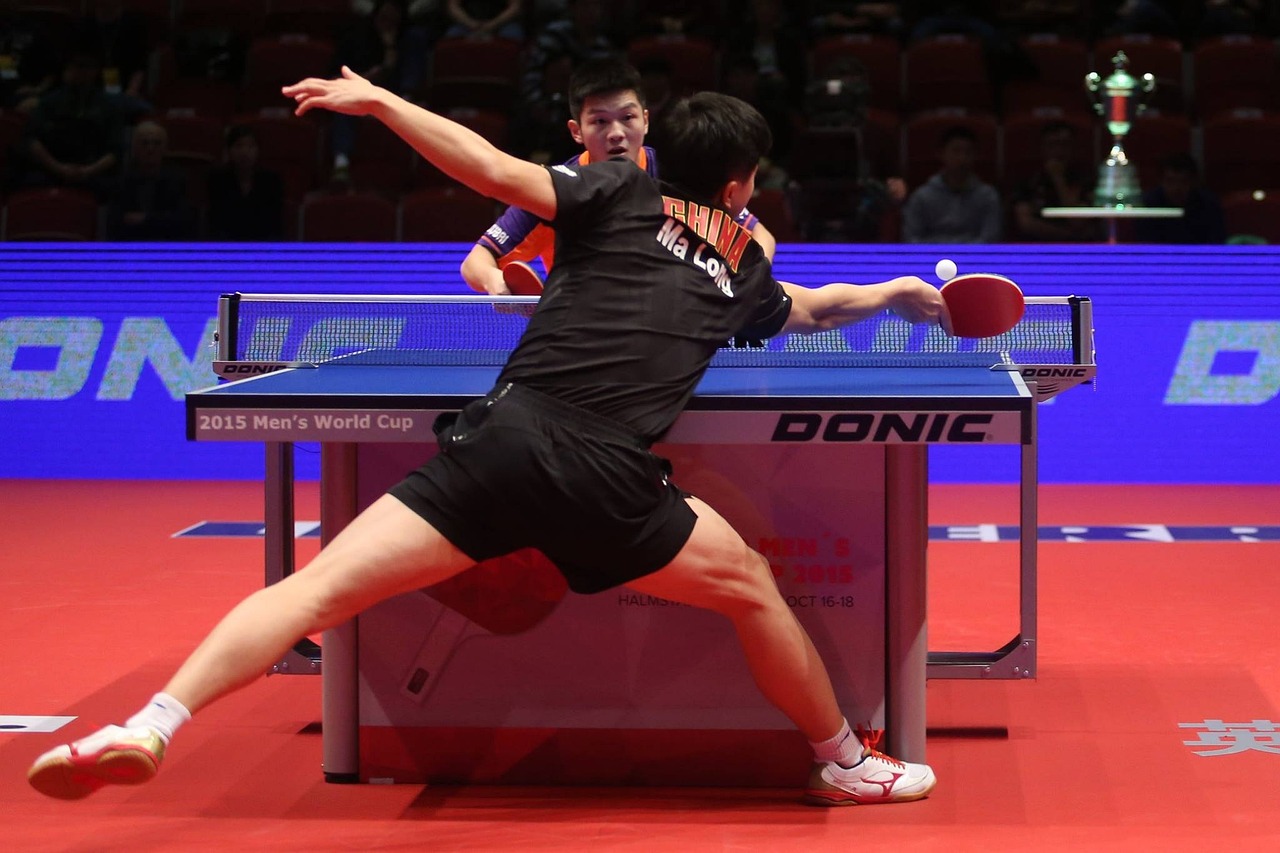
Illustration (credit: pixabay.com)
The word for sports in Japanese is "supotsu" and "undo". Both refer to physical activities, but are used in slightly different contexts. Supotsu is a loanword from English, specifically "sports", and is usually used to refer to organized, competitive, or formal sports such as soccer, basketball, and tennis.
On the other hand, undo is more commonly used to describe physical activities in general, such as fitness exercises, gymnastics, or daily physical activities. Thus, supotsu refers more to specific types of sports, while undo encompasses a wider range of physical activities in the context of sports in Japanese.
2. Traditional Sports Expressions in Japanese
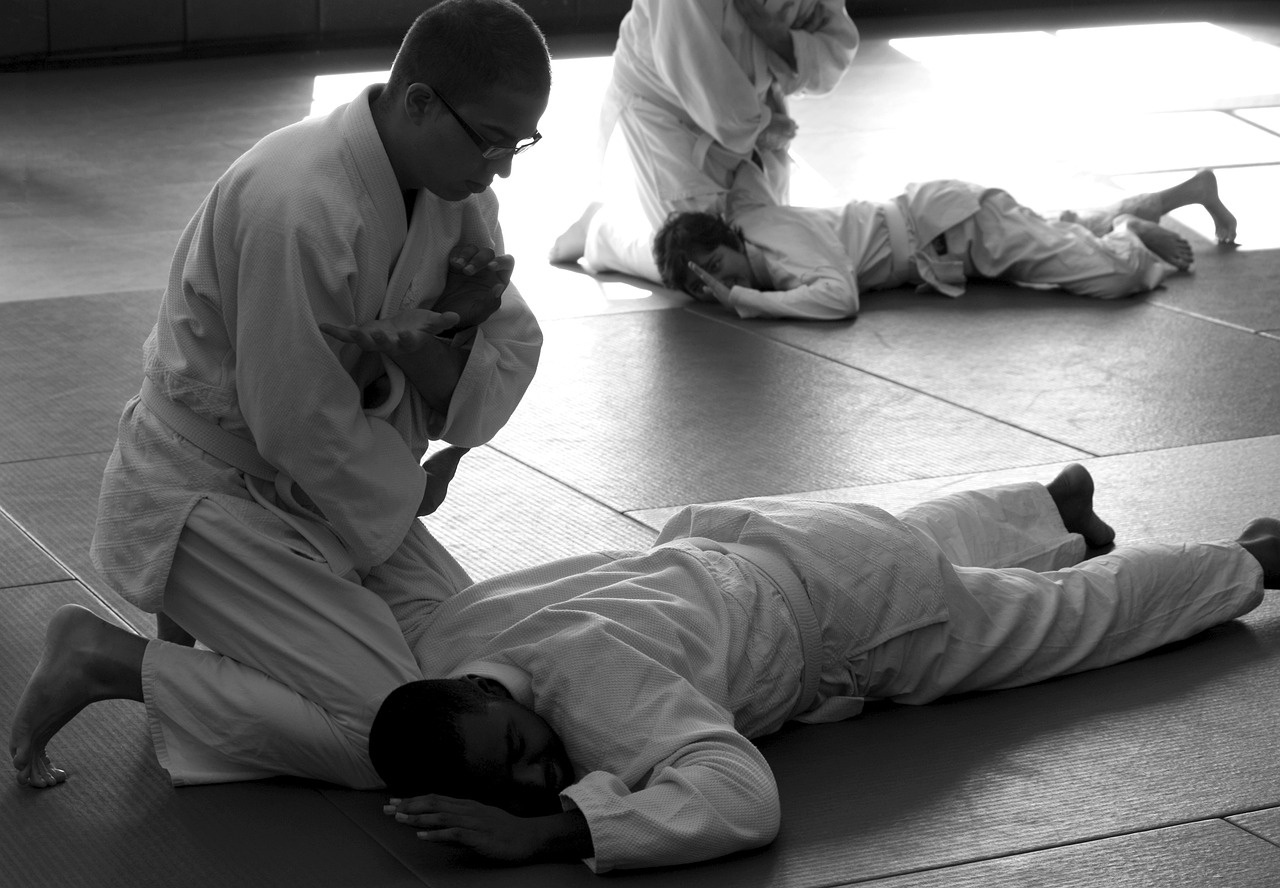
Illustration (credit: pixabay.com)
What about sports expressions in Japanese? Are they the same, using supotsu and undo? It turns out that sports expressions in Japanese, especially traditional sports, are different, KLovers. Traditional Japanese sports are generally referred to as "budo" or "bujutsu", which means martial arts or military arts.
This term is more commonly used than supotsu or undo because traditional Japanese sports such as judo, kendo, karate, sumo, and others, have more aspects towards art and discipline in martial arts rather than modern sports competition. Therefore, in traditional Japanese sports, the terms budo or bujutsu are more appropriate.
The expressions budo or bujutsu in Japanese sports have differences. Budo emphasizes spiritual, moral, and philosophical development through martial arts training. The goal is to achieve inner peace, self-control, and character improvement. Judo, Aikido, Kendo, and Karate are examples of budo in Japan.
On the other hand, bujutsu is more oriented towards the technical and practical aspects of martial arts for military or self-defense purposes. Traditionally, bujutsu emphasizes effectiveness in combat or real situations. For example, military martial arts such as Ninjutsu, Kenjutsu, Iaijutsu, and Jujutsu are examples of bujutsu in Japan.
3. Example Sentences Using Sports Expressions in Japanese
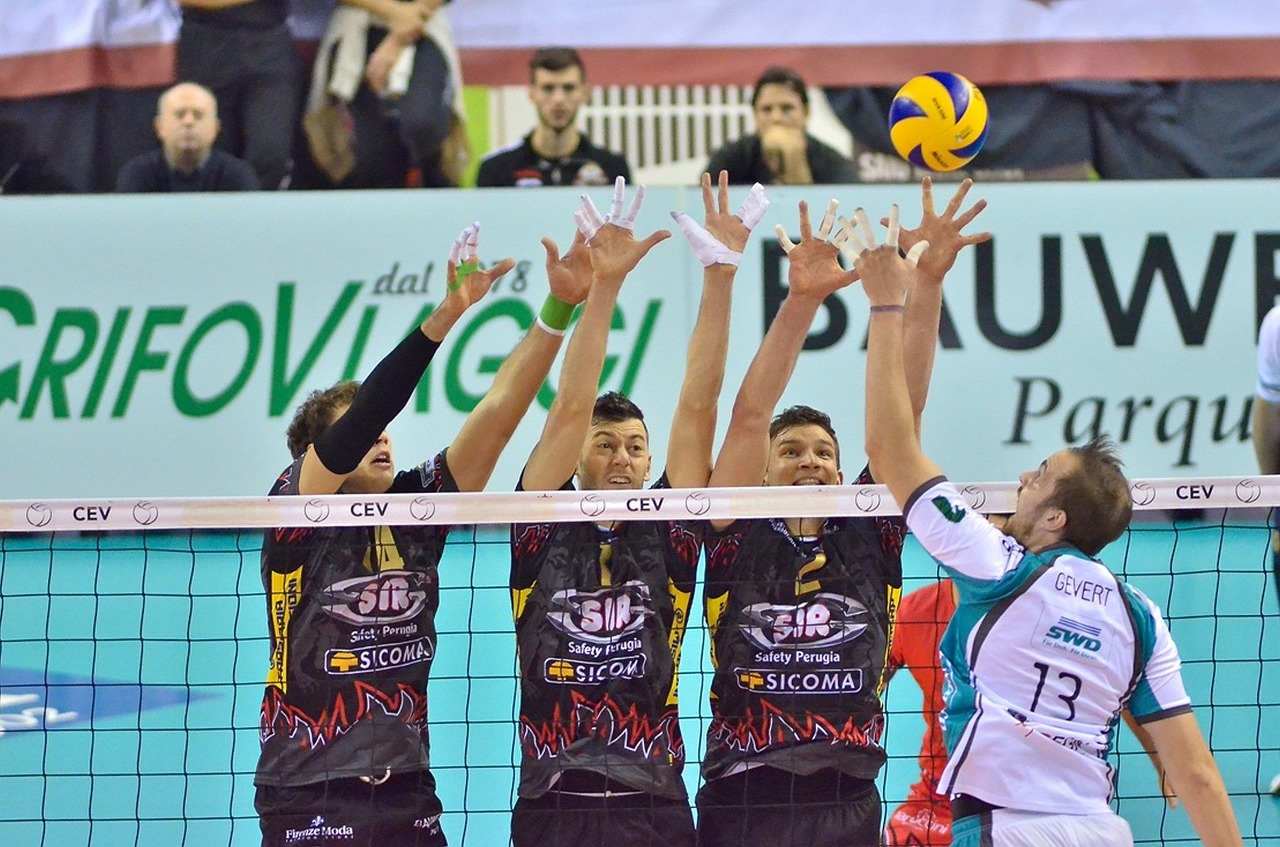
Illustration (credit: pixabay.com)
After understanding the explanation about sports expressions in Japanese, KLovers can learn example sentences using sports expressions in Japanese to understand it better. Here are some examples of sentences using sports expressions in Japanese:
1.Supotsu
"Tenisu wa tanoshii supotsu desu."
Meaning: Tennis is a fun sport.
"Kare wa maishumatsu ni sakka o suru no ga daisuki desu."
Meaning: He really enjoys playing soccer every weekend.
2.Undo
"Maiasa undo suru koto wa kenko ni ii desu."
Meaning: Exercising every morning is good for your health.
"Mainichi no undo wa kenko ni yoi eikyo o ataemasu."
Meaning: Exercising every day has a positive impact on health.
3.Budo
"Kare wa wakai koro kara budo o naratteimasu."
Meaning: He has been learning martial arts since he was young.
"Kare wa wakai koro kara kendo o naratteimasu."
Meaning: He has been learning kendo since he was young.
4.Bujutsu
"Nihon no dento-teki na bujutsu ni wa oku no shurui ga arimasu."
Meaning: There are many types of traditional martial arts in Japan.
"Nihon no dento-teki na bujutsu ni wa, seishin-teki na shuren mo fukumareteimasu."
Meaning: Traditional Japanese martial arts also involve spiritual training.
Those are some explanations about sports expressions in Japanese that KLovers can learn. By understanding the depth of these sports expressions, we can delve deeper into Japanese culture and language.
(kpl/dhm)
Disclaimer: This translation from Bahasa Indonesia to English has been generated by Artificial Intelligence.
